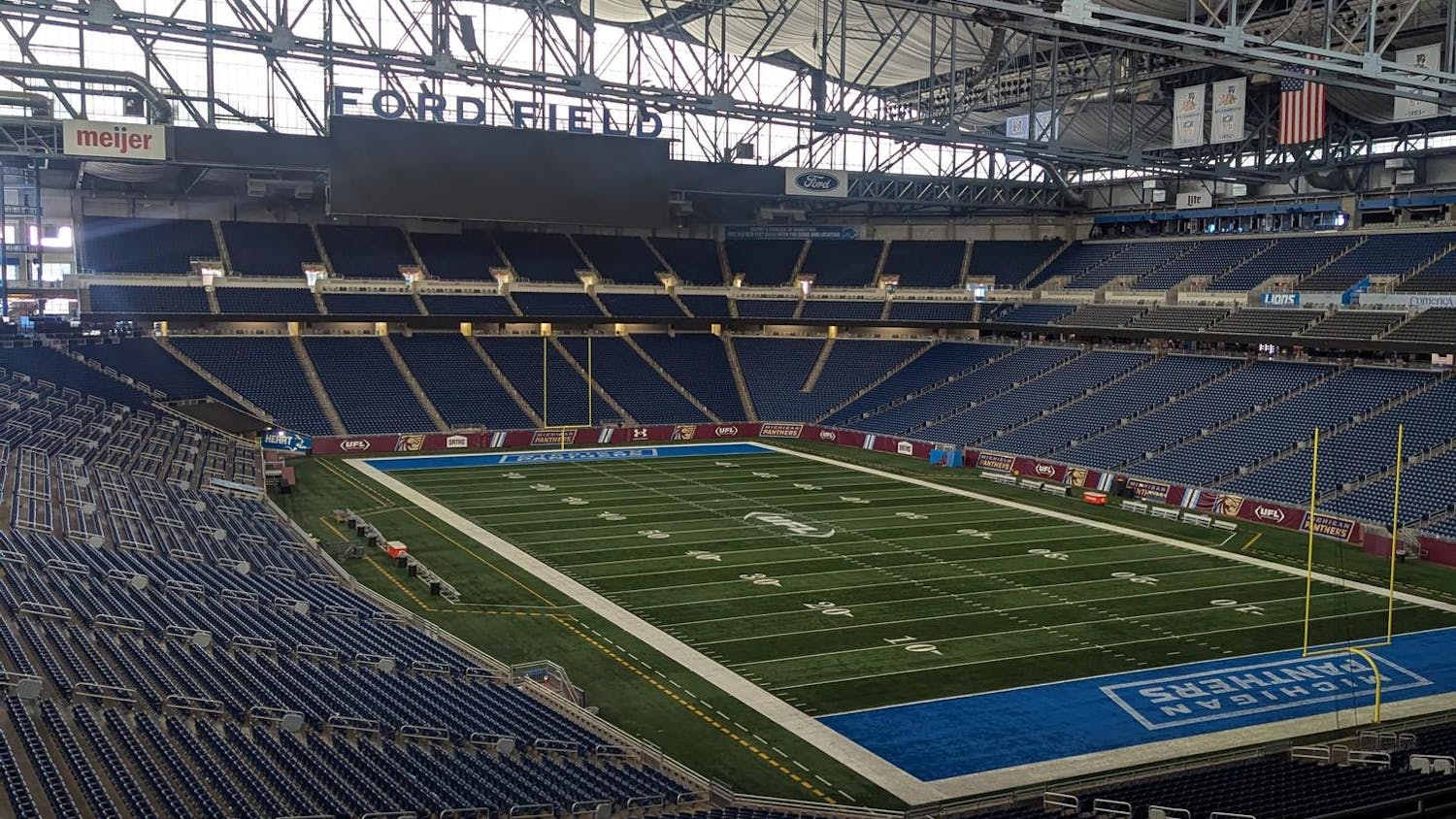Growing up, my parents were very instrumental in making sure that Thanksgiving was a day on which we made time to pause and think about the past year and all the things we were thankful for. We were each given a large sheet of poster paper and the crayon box because instead of writing everything down, we had to draw it. These annual pieces of art turned into one of my most cherished family traditions, but they only covered the here-and-now aspect of the holiday. The history was an afterthought.
If Native Americans were talked about in our house growing up, it would have been concerning the bravery of Pocahontas, the guidance of Sacagawea, or perhaps the generosity given that inspired the first Thanksgiving. It would be years until I had even heard of the Trail of Tears or cringed when I saw the flash flood of wagons into the west in movies like “Far And Away.”
There are countless things to be thankful for in our present lives, but what do we, as non-Native Americans have to be thankful for concerning the feast that took place almost four hundred years ago? We certainly can’t be thankful for the beginning of a mutually respectful relationship because whether the perpetrators of violence, boarding school abuse, and massacres were direct descendants of the Mayflower pilgrims or not, their arrival was one that spawned a massive migration to “the new world” that wasn’t new at all.
The feast between the white Puritan pilgrims and the Native Americans is not fraudulent on its own, but it becomes particularly ironic when it is sentimentalized and then drastically contrasted to the next few hundred years of one horrific injustice after another laid upon a people who were being invaded in the name of God. To the pilgrims’ descendants, the feast became known as a beginning. In hindsight, it was rather an end.
Have we taken one peaceful day and highlighted it bright enough in attempt to overshadow centuries of racism and genocide that quickly followed? We sit around the table, perhaps sharing the high points of our own happy lives, colorful turkeys and headdress feathers on paper napkins, glossing completely over those who paid the price for this great, proud nation of America.
If it weren’t for the traditional excuse to celebrate with copious amounts of food, Thanksgiving could almost disappear into a month of half-frozen limbo between Halloween and Christmas. Where freedom and prosperity has already been won and enjoyed, the history of the holiday and the means the people went to in order to expand ownership of “their land” is unconsciously swept under the rug.
While the attitude of Thanksgiving need not reach the contempt with which Columbus Day is now viewed, non-Native Americans should understand the thanklessness of the betrayal that occurred after the feast, in addition to their own individual life’s thankfulness. And though the past cannot be rewritten, the peoples who were prepared to trust and assist the Western immigrants that washed up on their doorsteps cannot be honored enough.









